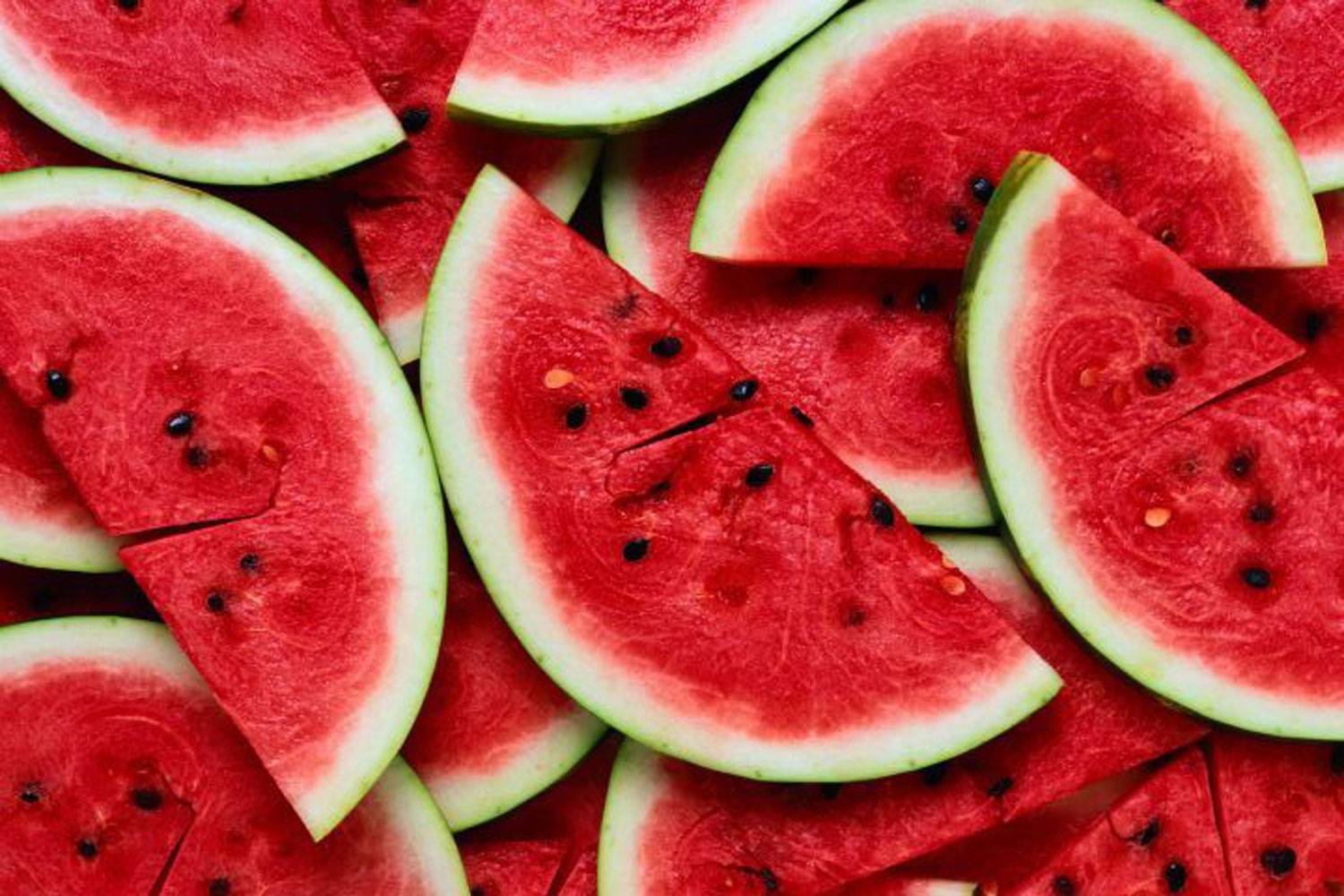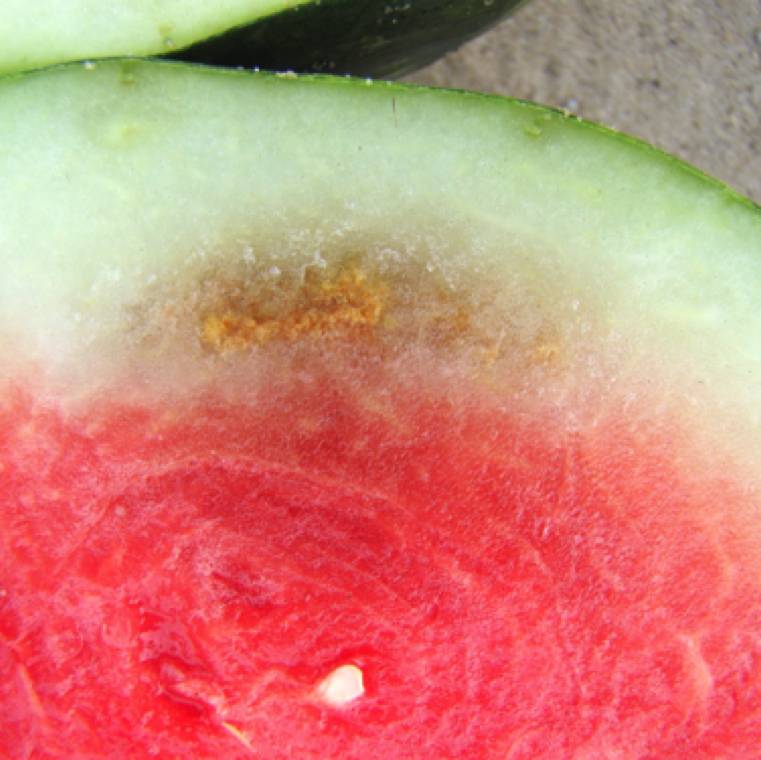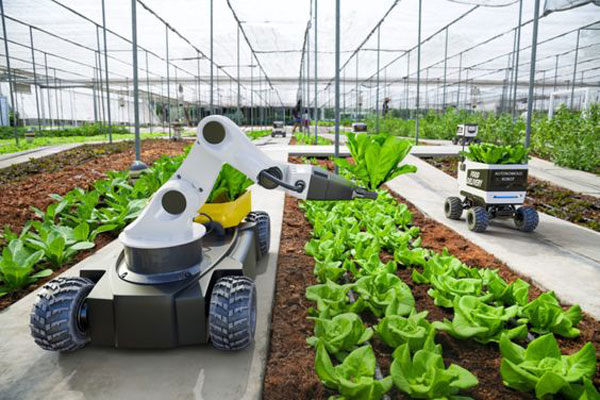Crops
Watermelon

Watermelon
Watermelon (Citrullus lanatus) is believed to have originated in Africa, particularly in the region spanning modern-day Namibia and South Africa. Evidence suggests that watermelons were cultivated as early as 5,000 years ago in the Nile Valley. The fruit was later spread to other parts of the world through trade and exploration, including the Middle East, Europe, and eventually to the Americas.
Global Area and Production
Major producers include China, India, Turkey, Brazil, and the United States. India ranks among the top producers of watermelon, with a significant contribution to the global supply. The fruit's popularity is due to its refreshing taste and high water content, making it a favorite during hot weather.
Uses of Watermelon
- Culinary: Watermelon is enjoyed fresh, often sliced or cubed, and is used in salads, smoothies, and desserts. It is also processed into juices, sorbets, and pickles.
- Nutritional Value: Watermelon is rich in vitamins (particularly vitamin C and vitamin A), minerals (such as potassium), and antioxidants like lycopene. Its high water content helps in hydration and supports overall health.
- Industrial Uses: While not widely used in industrial applications, watermelon seeds are sometimes used in oil extraction and as a snack in some cultures.
Watermelon Cultivation in India
Major Growing Areas
In India, watermelon is cultivated extensively in the states of Maharashtra, Karnataka, Andhra Pradesh, Tamil Nadu, and Punjab. Maharashtra is a significant producer, particularly in the regions around Pune and Nashik, which have favorable conditions for watermelon cultivation.
Climate Requirements
- Temperature: Watermelon thrives in a warm climate with temperatures ranging from 22-35°C. It requires a consistent, warm environment to grow well and produce high-quality fruit.
- Rainfall: Watermelon requires moderate rainfall, typically between 600-1,200 mm annually. Adequate moisture is crucial during the growing season, but excessive rainfall can lead to fungal diseases and reduced fruit quality.
Soil Requirements
Watermelon grows best in well-drained, sandy loam or loamy soils rich in organic matter. The ideal soil pH for watermelon cultivation is between 6.0 and 7.0. Good soil drainage is essential to prevent waterlogging and root diseases, ensuring healthy plant growth and fruit production.
Blog
Explore Our Blog

About Us
Welcome to Agriplaza
Welcome to Agriplaza. India's first and only comprehensive digital platform dedicated to agriculture and farmers. Explore widest range of related data our figures speaks a lot.
634726
Visitors
239
Diseases
131
Pests




